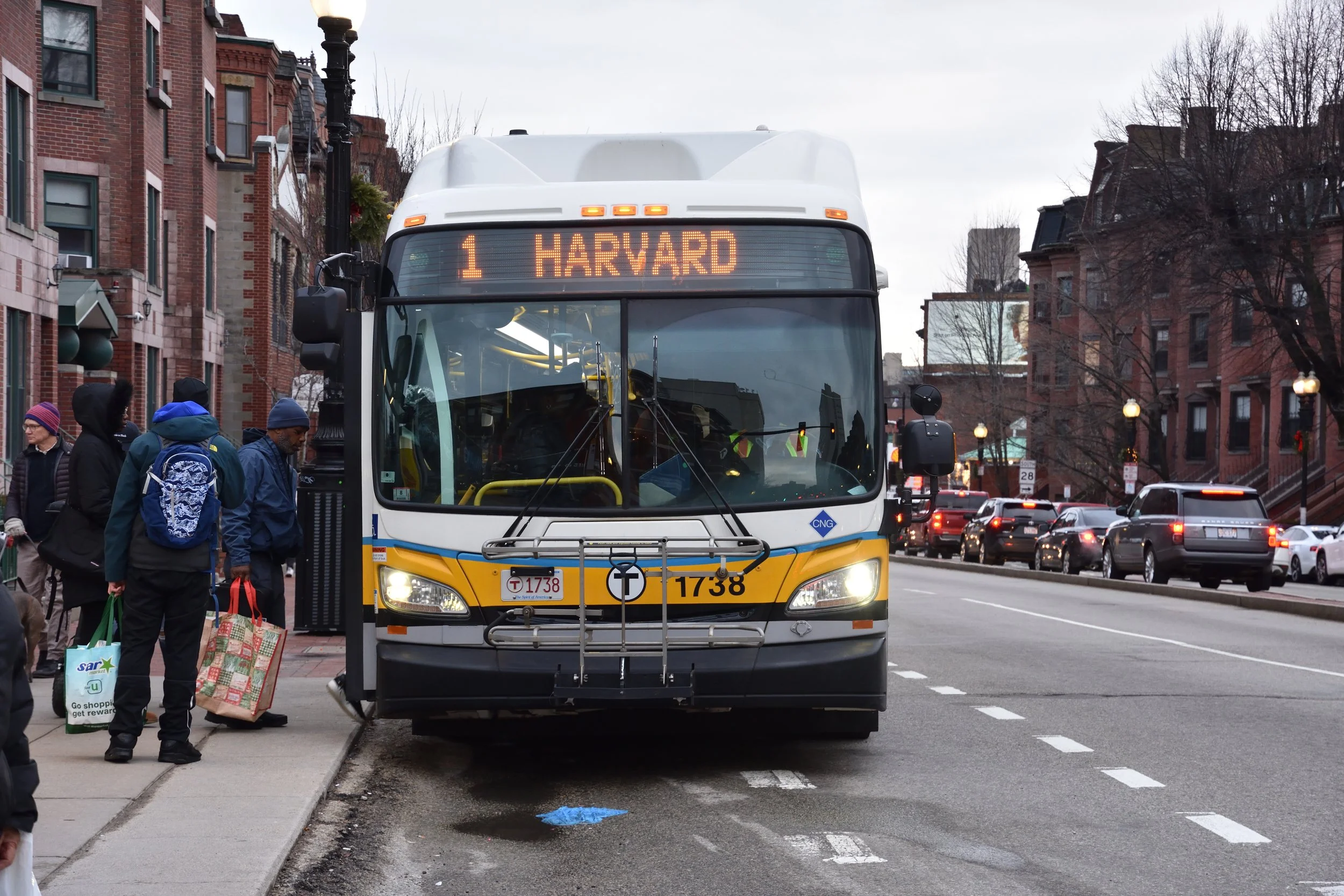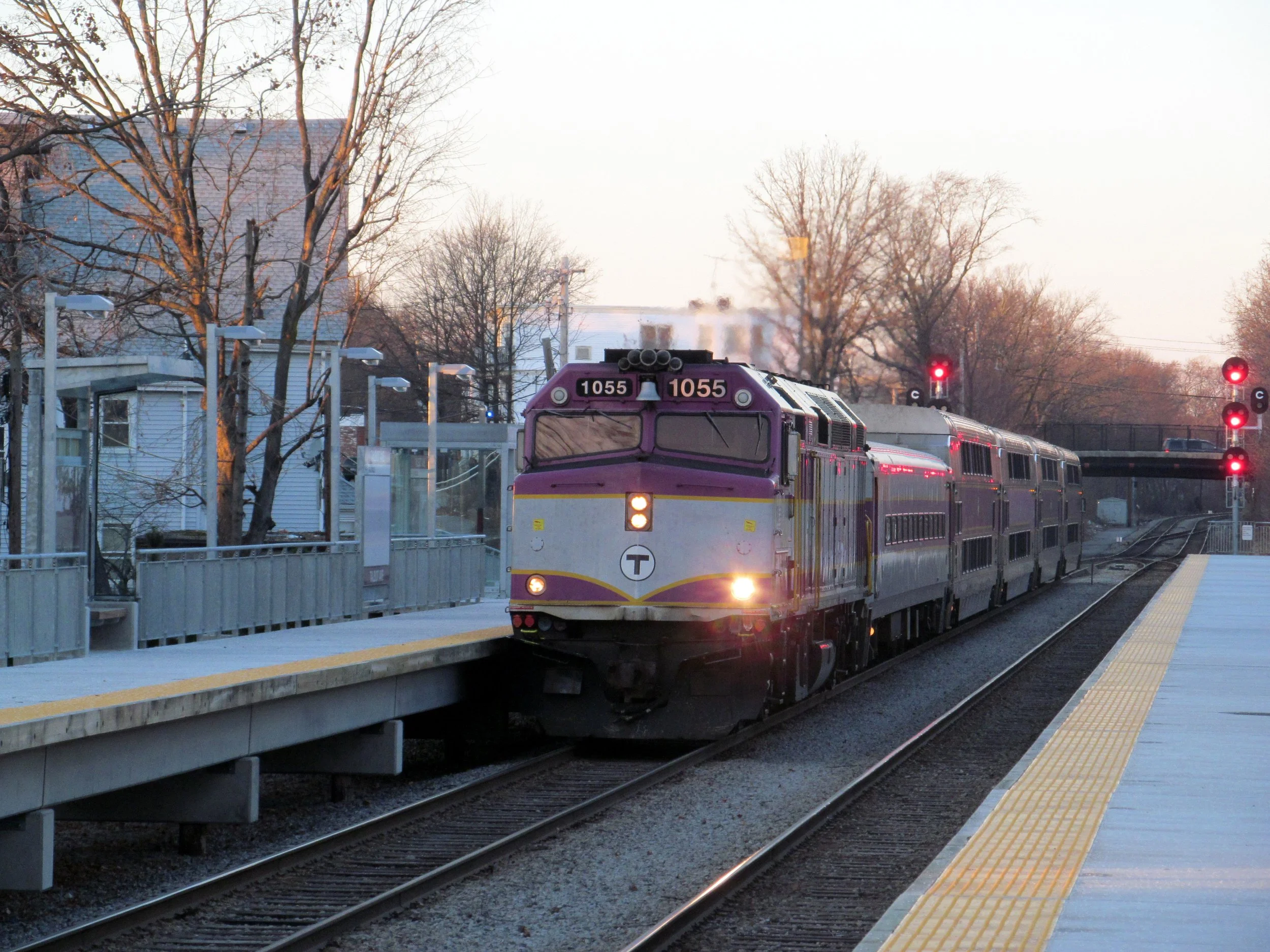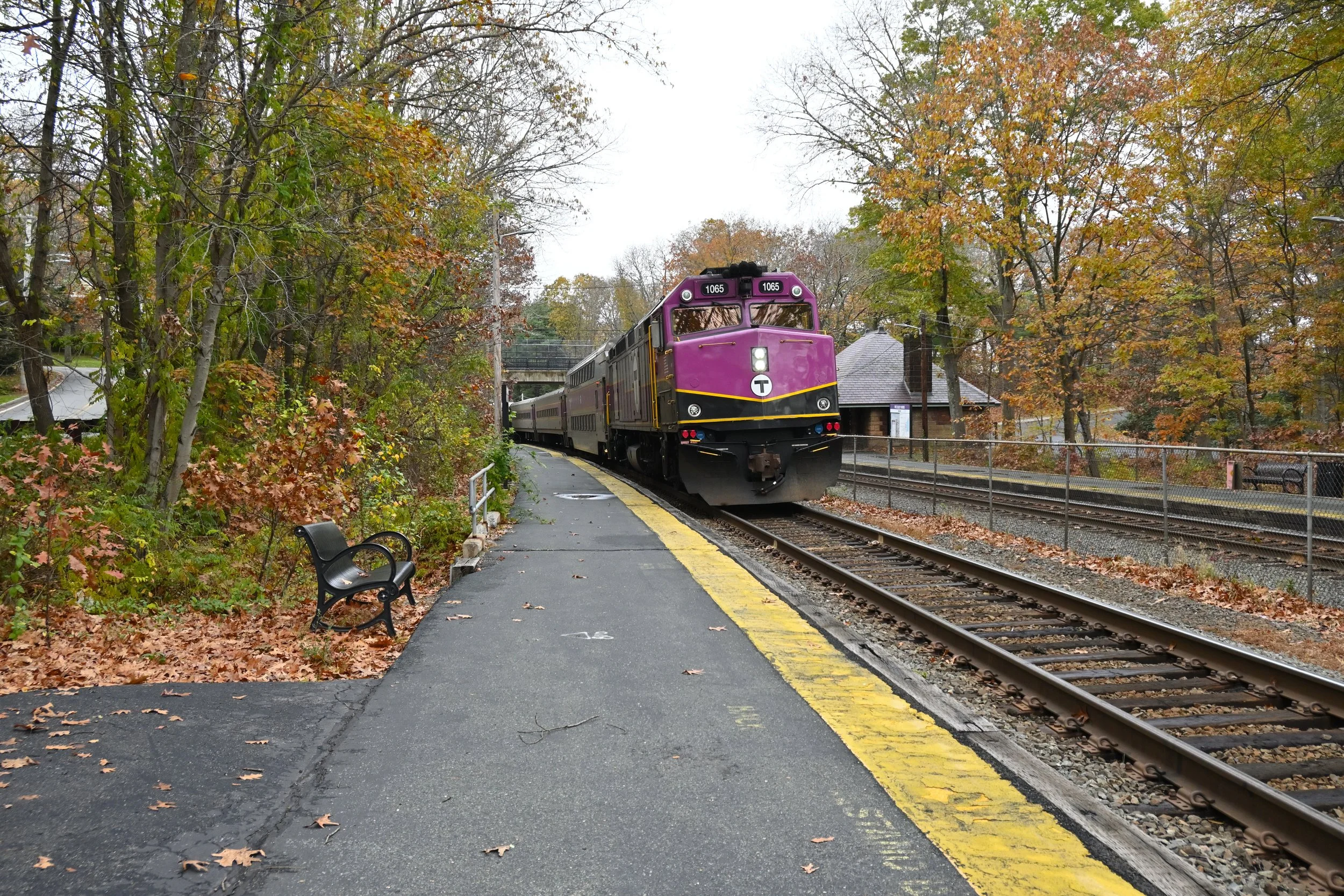Media Statement: Recent Derailments
BOSTON, June 11, 2019 — Today’s Red Line derailment was the latest in a recent series of derailments and possibly related switch and signal failures on both the Red and Green Lines. These incidents compromise public safety and are setbacks for those who seek a public transit system that is reliable, resilient and responsive to the needs of people throughout Metro Boston. The frequency and impact of these failures is causing a loss of confidence in the T and calls into question whether and how the MBTA and City of Boston are prepared to respond effectively to the immediate disruptive consequences of derailments and other similar events. TransitMatters is calling today for the FMCB to promptly address these issues by undertaking an expedited independent review of MBTA systems and operations and management protocols covering both the causes of these derailments and the approach to managing their immediate mobility impacts. We know that running a large, old and chronically underinvested transit system is a challenging job, but we cannot accept the service failures of the last few weeks as a new normal. These issues require a prompt forensic deep dive, a report to the public, and action for more funding by the legislature to target accelerated repair and modernization of the system.
For media inquiries, please email: info@transitmatters.org
Photo: James Fisher
Media Statement: Regional Rail Report
Today, transit advocacy group TransitMatters released its report calling for modernization of the MBTA Commuter Rail network and an updated business model as part of a larger reimagining of the service. ‘Massachusetts should commit to transitioning from its current Commuter Rail system to a Regional Rail system that offers frequent all day intercity rail service provided by clean electric-powered locomotives’, according to the report.
At a Beacon Hill press conference, TransitMatters President and co-founder Marc Ebuña said, “Our current Commuter Rail system is a vestige of mid-20th Century thinking, based on an antiquated assumption about the kind of mobility choices people expect to have. Many people today do not have 9 to 5 jobs; they require more flexibility from their transit system. Regional Rail offers that flexibility.”
The Regional Rail system recommended by TransitMatters is described in the report as “a reliable and more cost-effective intercity rail system based on a 21st century business model...operating more like a subway service with level platforms and frequent service all day.” TransitMatters identified five critical components to the Regional Rail business plan: (1) systemwide electrification, (2) high platforms allowing faster and accessible boarding, (3) strategic infrastructure investments to maximize speed and reliability, (4) frequent all-day service – every half hour in the suburbs, every fifteen minutes in denser urban neighborhoods, and (5) fare rationalization, including free transfers between regional trains, subways and buses.
Board member Jarred Johnson explained that the recommendations for a new approach to providing intercity rail service “responds to the way people live today. We are doing our economy and our residents a disservice by continuing to operate and plan for an outdated Commuter Rail system. Our Regional Rail plan takes lessons learned from proven best practices across the US and globally, and offers a highly cost-effective approach to transitioning to a new system.”
According to the group, Regional Rail can begin with affordable pilots projects on the Providence Line — the Commuter Rail’s only electrified line — and the Fairmount Line. The group’s plan proposes cost-effective pilots for these lines as a way to prove the efficacy of the approach and to provide better service and social and environmental justice to Fairmount Line riders and corridor residents.
TransitMatters Board member Tim Lawrence observed that the report responds to the legitimate concern of the MBTA’s FMCB, that the current Commuter Rail system, carries too few riders at too high a cost. “We agree with that assessment,” said Lawrence. “Our plan for Regional Rail addresses this head on — by offering not just a vision, but a new business model. It’s that business model that will be a game changer, moving us away from the unacceptable status quo, and making our intercity rail system operate in a cost-effective, rider-responsive manner.”
The Regional Rail report can be downloaded from regionalrail.net.





